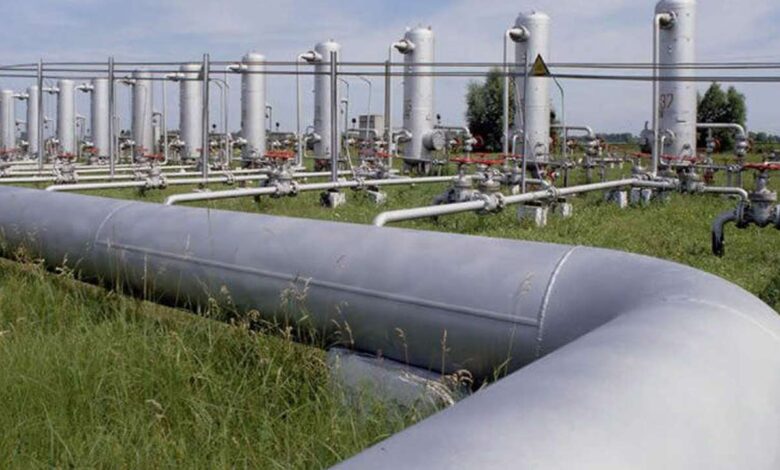Business
Only 25 % of Nigeria’s natural gas reserves being developed-FG

Nigeria has the ninth largest proven natural gas reserves in the world, with approximately 200 trillion cubic feet, according to Mrs Monilola Udoh, Permanent Secretary of the Federal Ministry of Science, Technology, and Innovation.
Despite being Africa’s largest reserves, only 25% of them are currently being developed.
Mrs. Monilola made the revelation yesterday in Abuja at a training session on the Implementation of the National Policy on Methanol Fuel Production Technological Strategy Utilizing Dassault Systems Solid Work Technology.
The Permanent Secretary also stated that the oil and gas business is the backbone of the Nigerian economy, but that the country’s economy may be diversified by shifting to renewable and clean energy resources.
Methanol, she claims, is a clean-burning fuel that is gaining popularity internationally as a viable alternative to fossil fuels in the country, and that the government has to investigate other energy resources, among which methanol fuel production is an ideal choice.
- Flour Mills of Nigeria Reports Solid H1’25 Performance
- i-FITNESS LAUNCHES THREE NEW BRANCHES – IPONRI, LEKKI AND GBAGADA,
- BATN Foundation in Partnership With Lagos State Ministry of Agriculture and Food Systems Donates Smoking Kiln To Fish Farmers
- Wema Bank Shines at Global SME Finance Forum Conference Awards 2024
- How FMN is Feeding and Enriching Lives, Every Day
Solid work is CAD software that allows engineers to make 3D models of goods, components, and machine couplings. It is frequently used in the manufacturing industry to design and develop new products across sectors.
To that aim, the Permanent Secretary emphasized that one of the Ministry’s missions is to need staff training in order to effectively implement projects and programs.
As a result, she urged all participants to give their all during the training.
Previously, Dr. Peter Ekweozor, Director of Environmental Sciences and Technology Department, stated that the Methanol Fuel Policy is one of the ministry’s primary missions to support Nigeria’s socioeconomic growth.
He stated that the ministry’s efforts are to ensure that the policy adds value to our natural resources, which will facilitate technological advancement, which is necessary for job creation, serve as a source of raw materials for our manufacturing industries, generate cleaner electricity, and reduce global warming.

